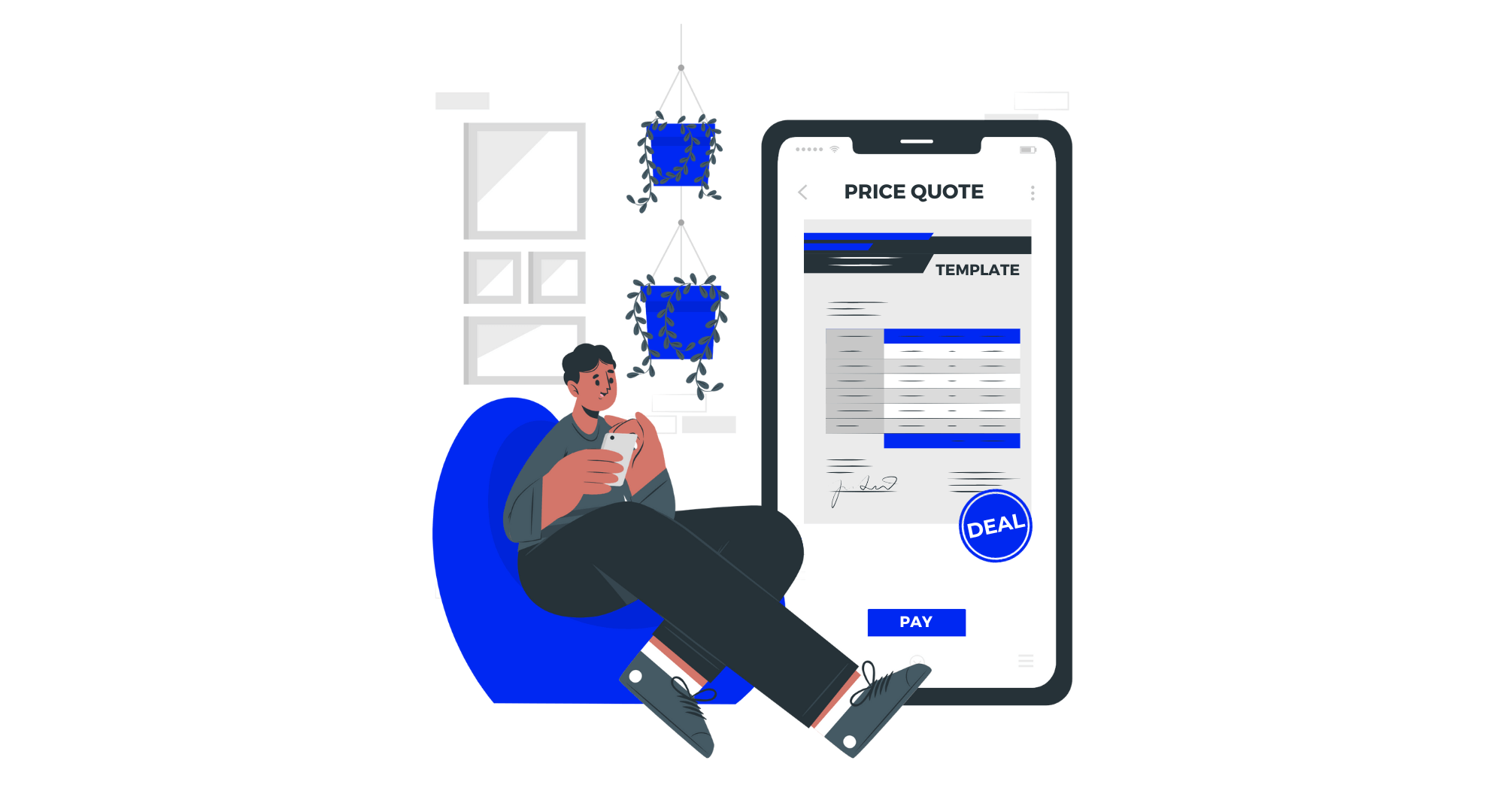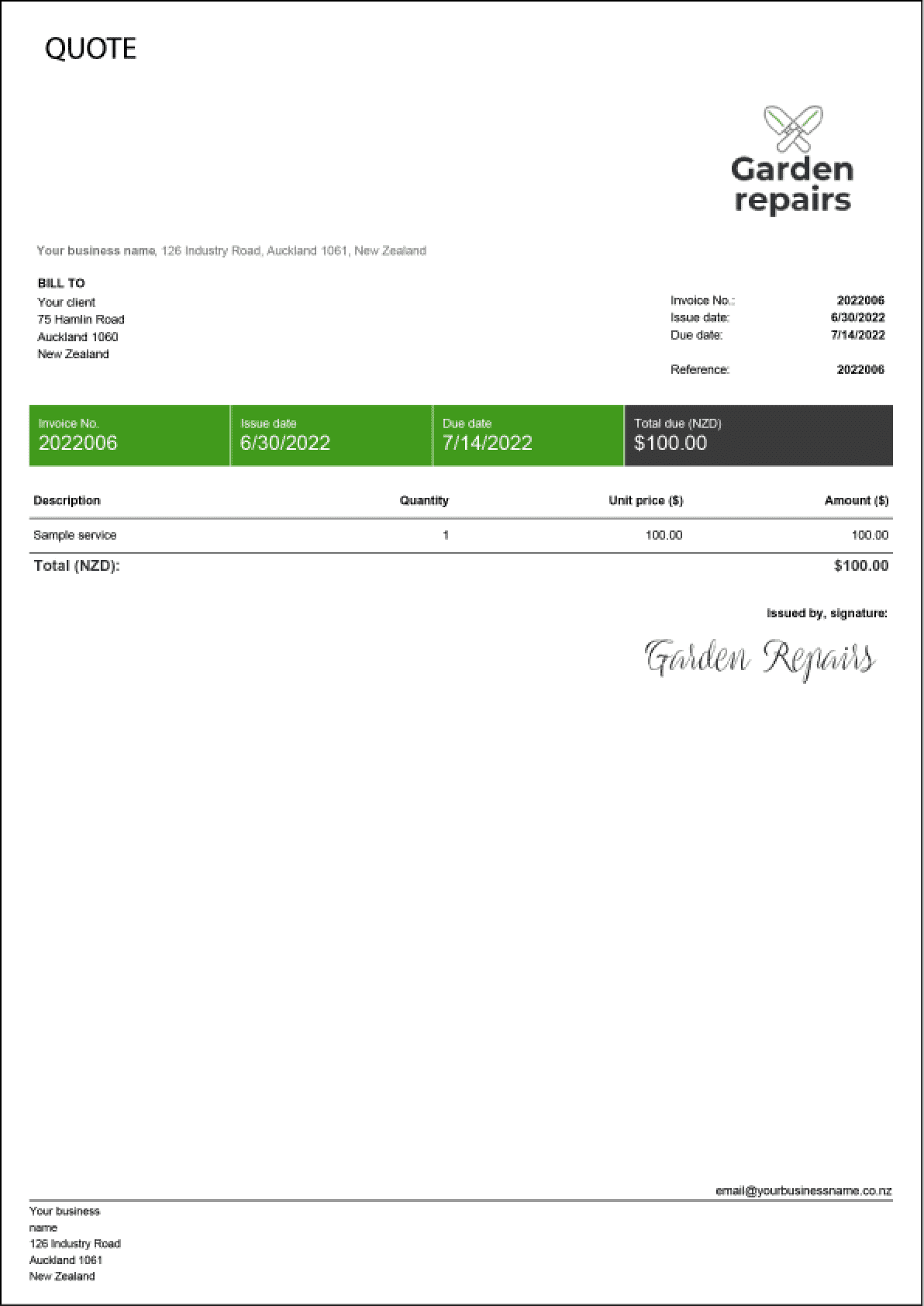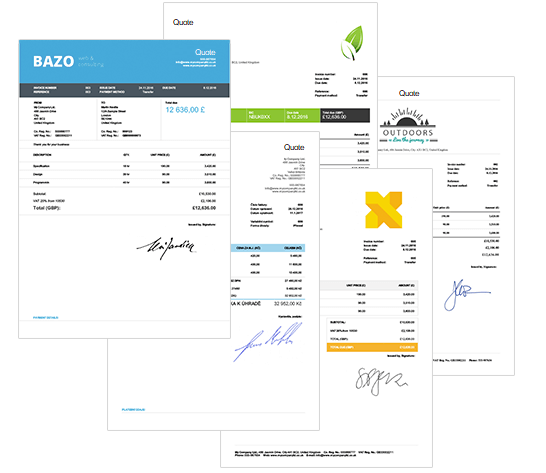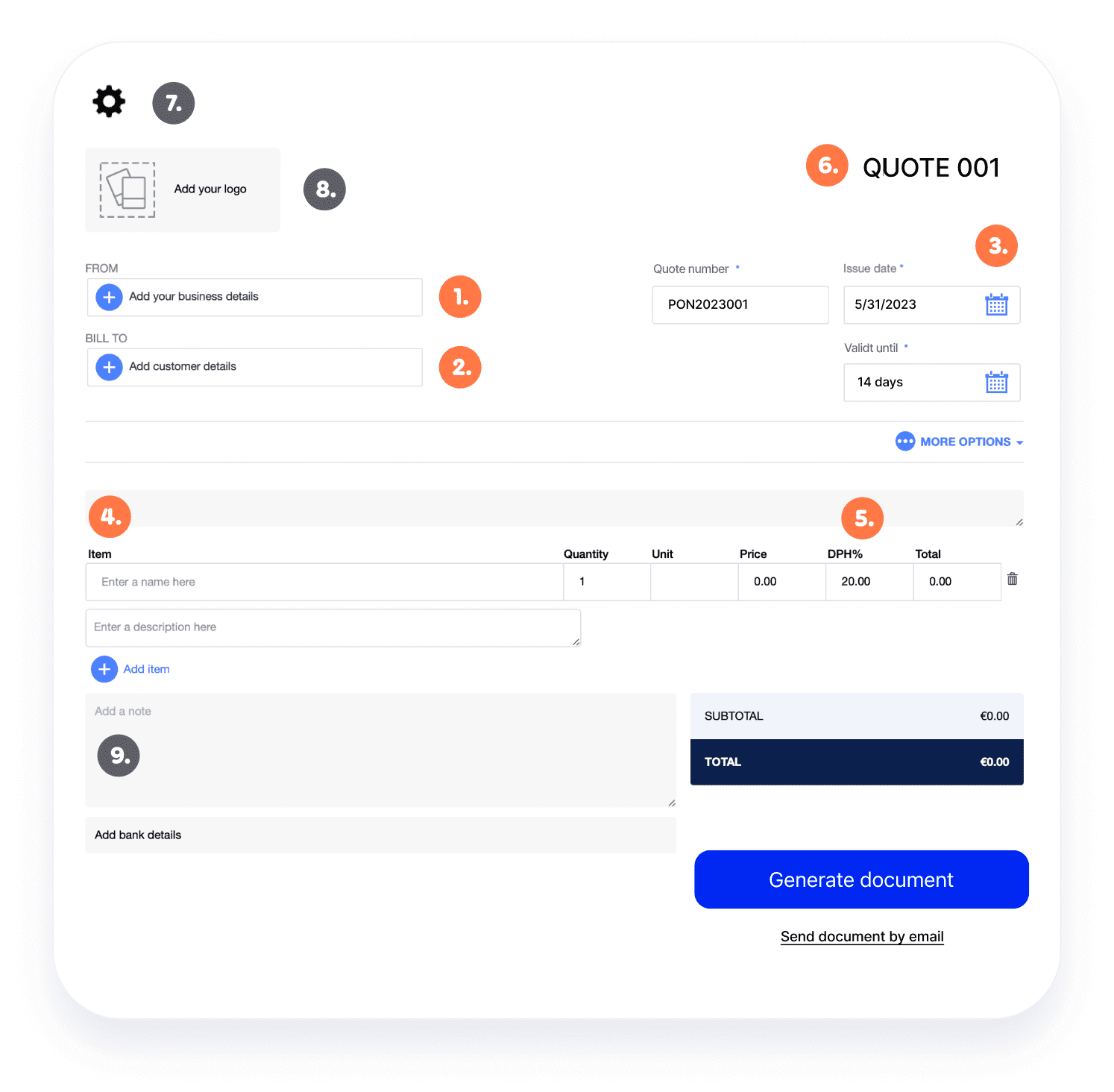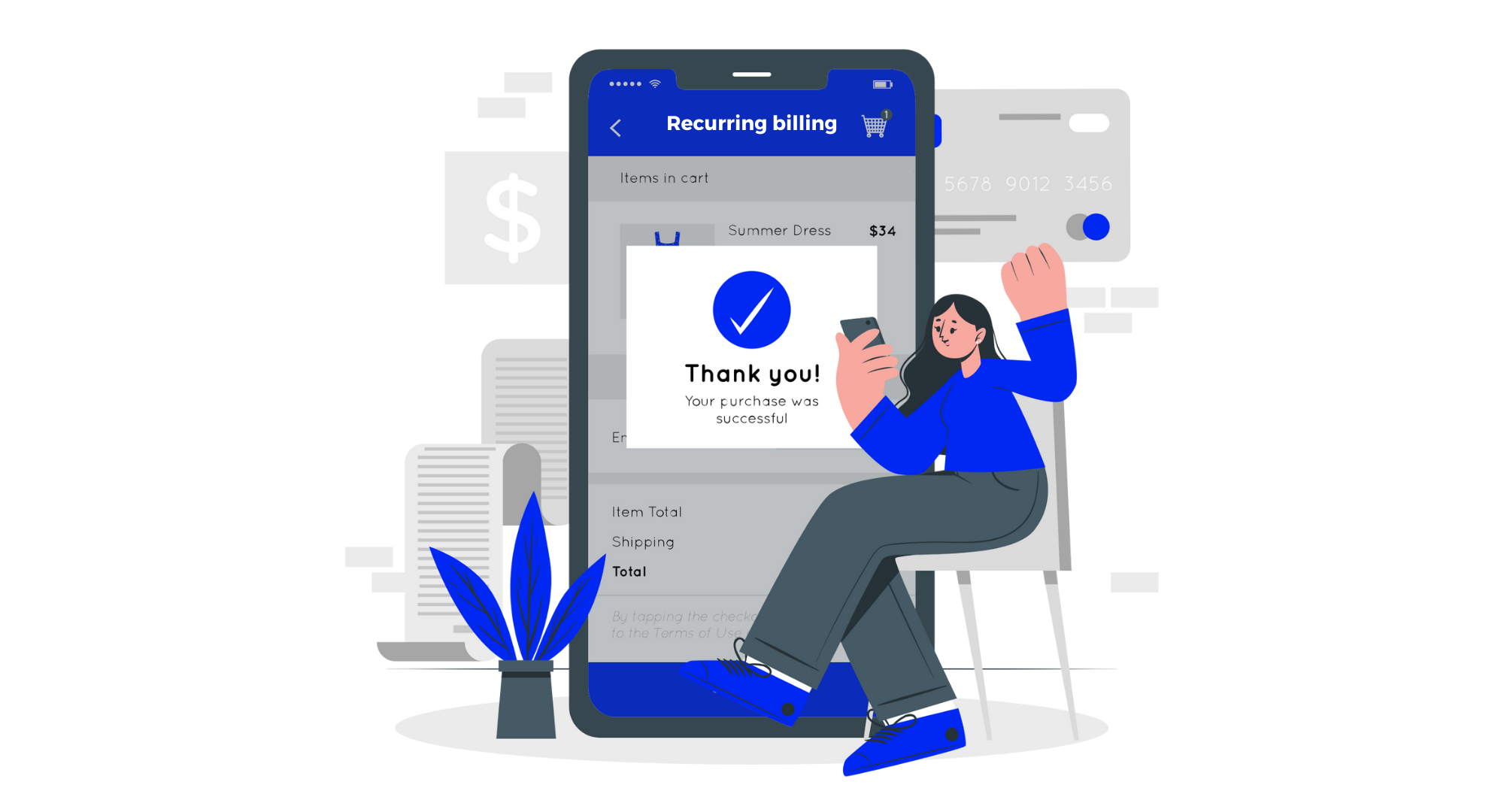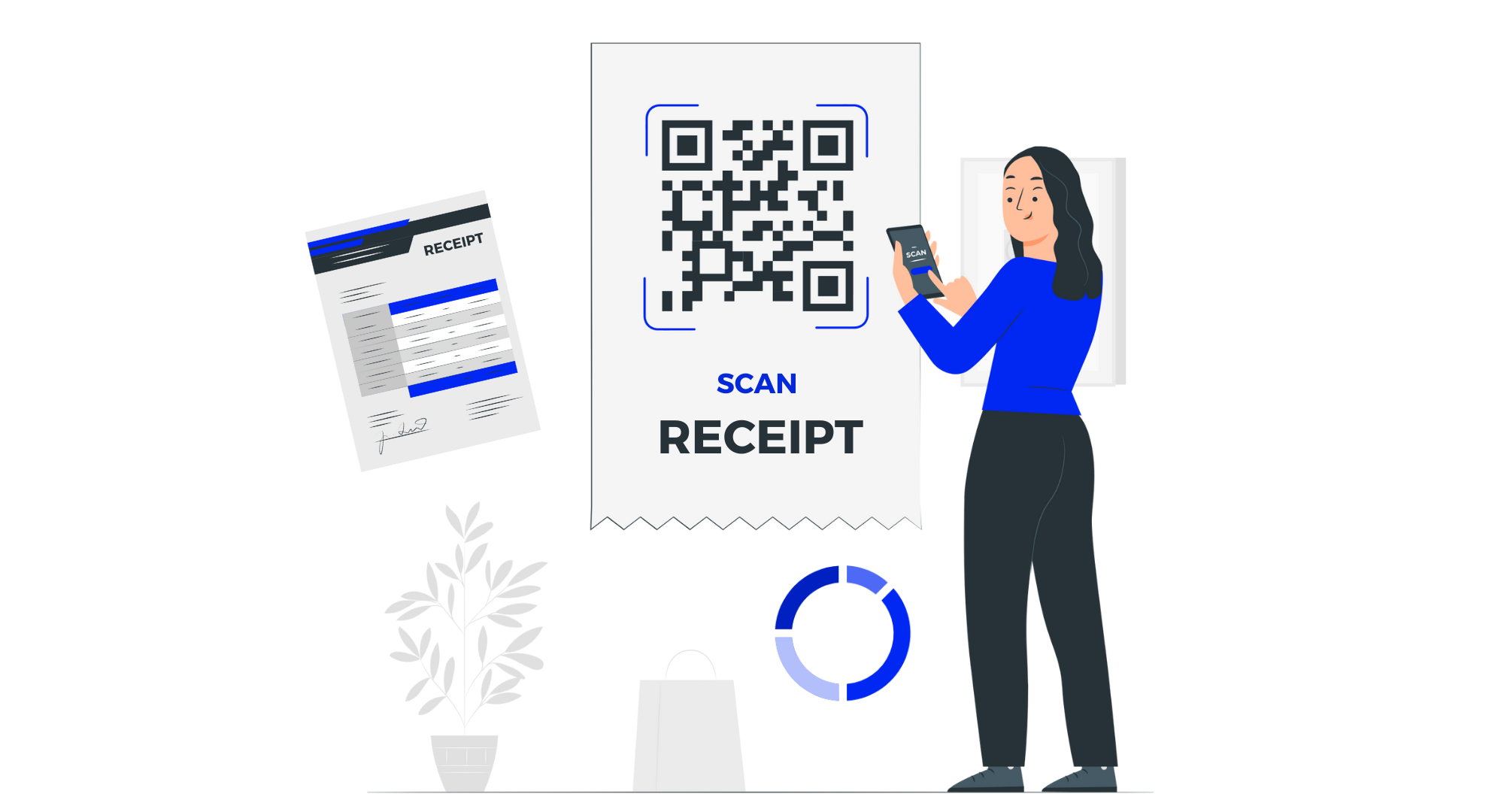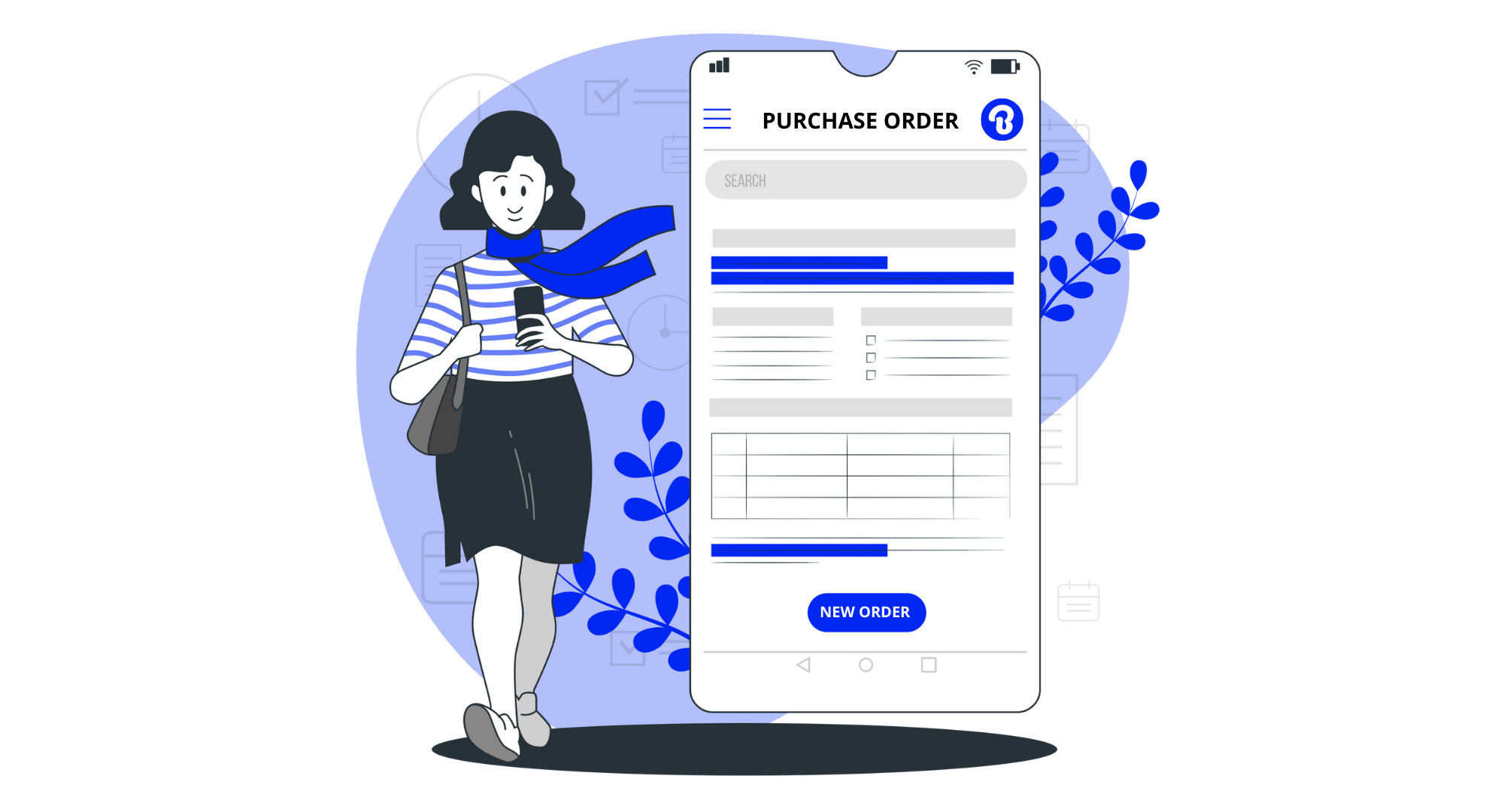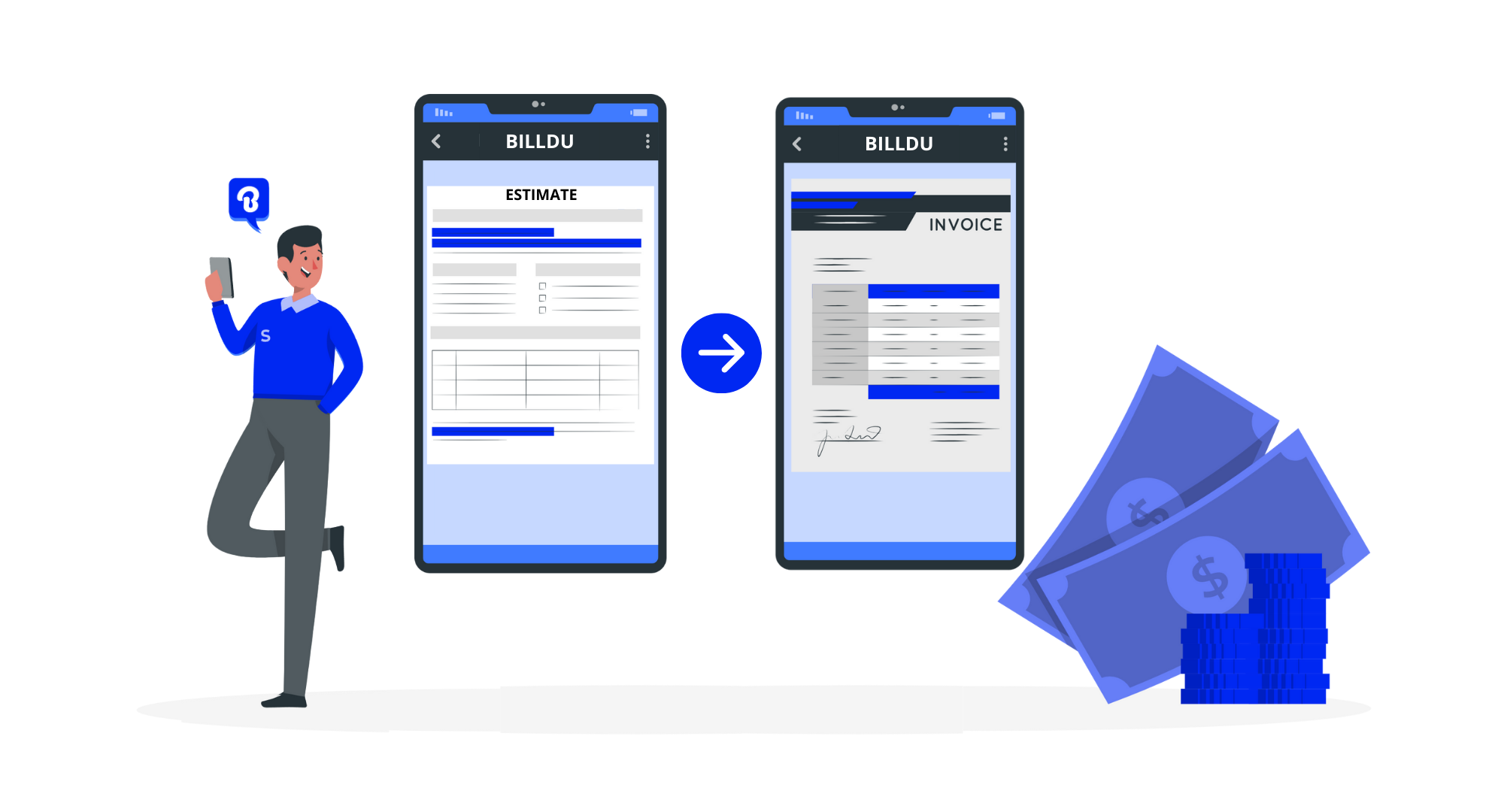
As you’re aware, most deals (both B2B and B2C) follow the same basic structure and use similar documents. We’ve discussed how to create a professional invoice, purchase order, and estimate in the past, but the one we’ve so far neglected is the humble price quote.
Today, we fix that oversight. In this article, we’ll cover what is a price quote, why you should use price quotation, how it differs from other documents, the challenges involved, and how to digitize price quotes for the best results.
Key takeaways
- What it is: A formal, binding offer with set pricing.
- Key elements: Detailed costs, terms, and validity.
- Importance: Builds trust, boosts professionalism.
- Fixed pricing: Quotes lock in prices, unlike estimates.
- Efficiency: Digital tools streamline quote creation.
Introduction To Price Quotes
Are you new to the concept of price quotes? In that case, this is your best place to start. Let’s dig down into the basics of quotation and set you up for success using these vital documents.

What Is A Price Quote?
A price quote is a business document primarily used in B2B to propose pricing for a specific deal. Traditionally, it’s provided on a per-request basis, so if a prospect asks for one, the quotation meaning is that they likely want to do business with you.
As we’ll discuss in a later section, price quotes should list all of the products/services offered and their respective prices at that time. However, this means that quotation is time-sensitive, and the documents are usually only valid for 30 – 60 days.
As price quotes are not contracts, they carry no legal obligation and are accepted or rejected by clients as they see fit. However, if they wait too long and the validity expires, the prospects run the risk of prices changing.
If you are looking for the best suitable quoting app, check out our article.
Why Price Quotes ARE NOT Quoted Prices
Although the terms may seem near-identical to the untrained eye, there is an immense difference between price quotes and quoted prices.
While a price quote is a financial business document, a “quoted price” is an investment phrase that describes the most recent price at which an asset (stock, bond, commodity, or derivative) was traded.
Quoted prices are used because the prices of assets change throughout the day, whereas price quotes remain valid for however long the document says (usually 30 – 60 days). Here are some other terms you may find that ARE NOT price quotes:
- Bid Price: The highest possible price a trader/investor is willing to pay for an asset.
- Ask Price: The lowest possible price a seller is willing to take for an asset.

